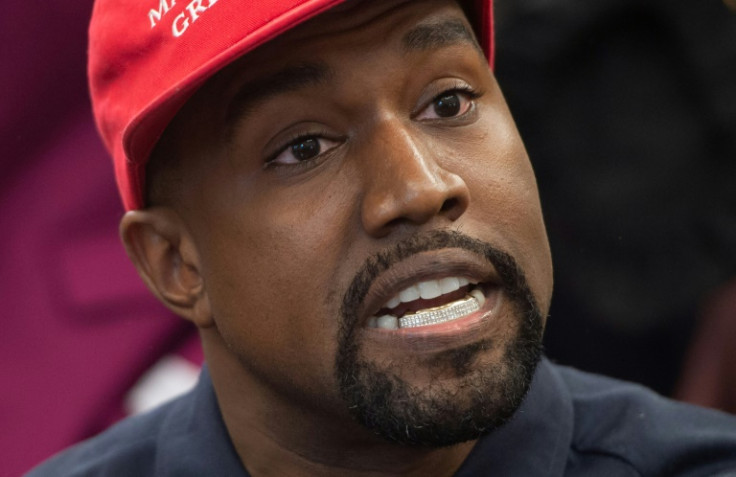Musk's free speech absolutism 'a fantasy'
The limits of Elon Musk's self-professed "free speech absolutism" were laid bare, critics said, when he banned rapper Kanye West from Twitter over his latest anti-Semitic outburst on Thursday.

The limits of Elon Musk's self-professed "free speech absolutism" were laid bare, critics said, when he banned rapper Kanye West from Twitter over his latest anti-Semitic outburst on Thursday.
Only a few days earlier, Musk tweeted that he was engaged in "a battle for the future of civilization. If free speech is lost even in America, tyranny is all that lies ahead."
Since taking over Twitter, the billionaire has reinstated several controversial figures, including ex-president Donald Trump, who was banned for inciting violence with his false claims about fraud after his defeat in the 2020 United States election.
But Musk's claim to be a free speech absolutist was always going to struggle to survive the clash with reality -- and particularly the clash with West (officially known as Ye), who has mounted an increasingly vociferous campaign of anti-Semitic outbursts in recent weeks.
The final straw for Musk was West's tweet showing a Nazi swastika interlaced with a Star of David.
It followed an interview with conspiracy theorist Alex Jones, in which he declared his "love" of the Nazis and admiration for Adolf Hitler.
"The problem is that Elon Musk has a half-baked free speech philosophy," said Jacob Mchangama, author of "Free Speech: A History From Socrates to Social Media".
"Sometimes he talks about total freedom of speech, sometimes about respecting the law. But of course laws are very different around the world where Twitter is present. Some of the things (West) has said would arguably be punishable in court in Europe, especially in France."
Few believe that total freedom of speech is possible, especially for a private platform that relies on advertising.
"So-called free speech absolutism is just a fantasy," said influential podcaster Sam Harris earlier this week on his "Making Sense" show. "Almost no one really holds that position even when they espouse it."
He said some level of content moderation was needed to stop platforms turning into "a digital sewer".
"Contrary to what most people think it's legal to shout 'fire' in a crowded theatre, but wouldn't we want the owner of that theatre to remove someone who was shouting that over and over again?" Harris said.
Mchangama said he did not believe West's comments actually amounted to inciting violence, not least because the rapper has a well-documented history of mental illness that appears to be fuelling his erratic behaviour.
"He seems profoundly disturbed rather than trying to organise violence against Jews," Mchangama said.
He would also like to see more creative solutions to the challenge of content moderation, and feels Musk has missed an opportunity.
"The best way forward is to empower users to filter more of what they don't like rather than have governments or big tech make these decisions at a centralised level," he said.
"You can't have free speech absolutism... but you should err on the side of free speech and there are ways that Musk could have done it. But he's been chaotic and has not made a persuasive case for the sceptics."
© Copyright AFP 2025. All rights reserved.





















